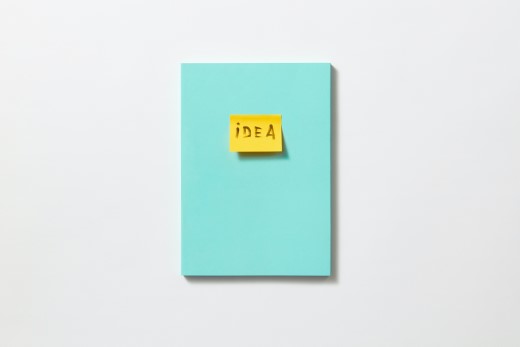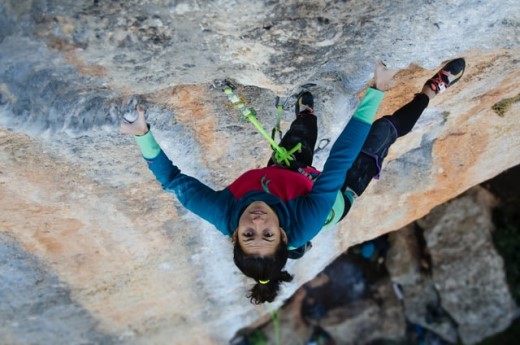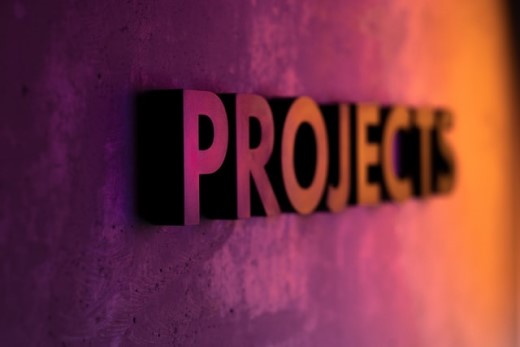Keep-add-change
The keep-add-change activity entails brainstorming and decision-making. An excellent way to create an inventory of approaches on how to make the way of working more agile and productive
Description
Participants brainstorm and then discuss the approaches they should keep, add and change. The aim is to make the current way of working more agile and thus productive. The result of this activity is a categorized inventory of approaches. This format is easy to follow in their day-to-day activity. Also, they can pass it along to other colleagues and continue to improve it to better fit the situation.
Flow
Introduction
- Introduce the activity to the participants and split them into teams.
- Encourage the teams to nominate a team coordinator. They will facilitate the discussion in the breakout room. In the end, they will present the outcome to the other teams. The team coordinators can rely on the ideas written within the predefined template.
- Join each team and provide the activity link.
Work
- Participants brainstorm, discuss and write down on sticky notes approaches from their activity. Then, they decide which ones:
- to keep – since they still find them relevant and useful to their activity
- to change – to better support them in achieving their business goals
- to add – to bridge any given gap.
- They can perform a silent brainstorming session and then debate the aspects written down on sticky notes, or the other way round.
- Participants place the sticky notes in the appropriate column on the predefined board.
Debrief (suggested)
- The team coordinator from each team will present the outcome to the other teams.
- The facilitator may ask the following questions:
- What does this list of approaches mean to you?
- Are there any common points between the lists? What does it mean to you?
- Were there any challenges in defining this list of approaches? How did you manage to overcome them?
- Were there different opinions within the team? How did you accommodate them?
- How easy was it for you to define new approaches? What helped you?
Variations
n/a
Additional info
This activity follows activity type guide from CARTA







